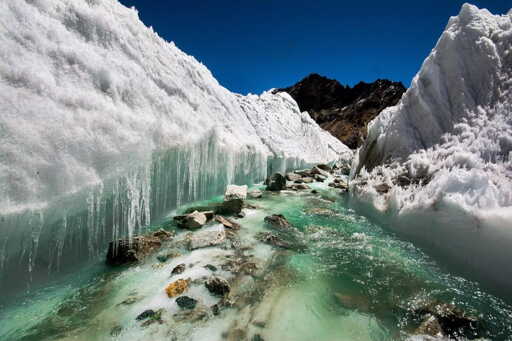Five of Earth’s vital systems are close to a point of irreversible change, warns a new report released by a global network of scientists ahead of the upcoming U.N. climate change conference in Brazil. The 2025 Global Tipping Points report updates a 2023 report to assess 25 Earth systems that human societies and economies depend on, including the stability of coral reefs, forests and ice sheets. It found at least one system has likely passed a tipping point, while four others are perilously close. The Paris Agreement set a goal of limiting global warming to 1.5° Celsius (2.7° Fahrenheit) above preindustrial levels by 2100. The report notes that Earth has already reached an average increase of 1.4°C (2.5°F) over the past couple decades. Warm water coral reefs reached their tipping point at roughly 1.2°C (nearly 2.2°F). Mike Barrett, chief scientific adviser at WWF-UK and report co-author, told Mongabay by email that the impacts are already visible with repeated coral bleaching events. “The most recent one started in 2023 and has impacted 80% of warm water coral cover.” The report states that four other Earth systems — permafrost, the subpolar gyre and the Greenland and West Antarctic ice sheets — likely have a tipping point around 1.5°C. “There is 60m [197 feet] sea level rise locked in Antarctic ice sheets alone,” Barrett said. At current temperatures several meters of sea level rise are already inevitable, and additional warming will mean even more. Melting ice sheets reduce salinity for nearby oceans, slowing…This article was originally published on Mongabay
From Conservation news via this RSS feed


